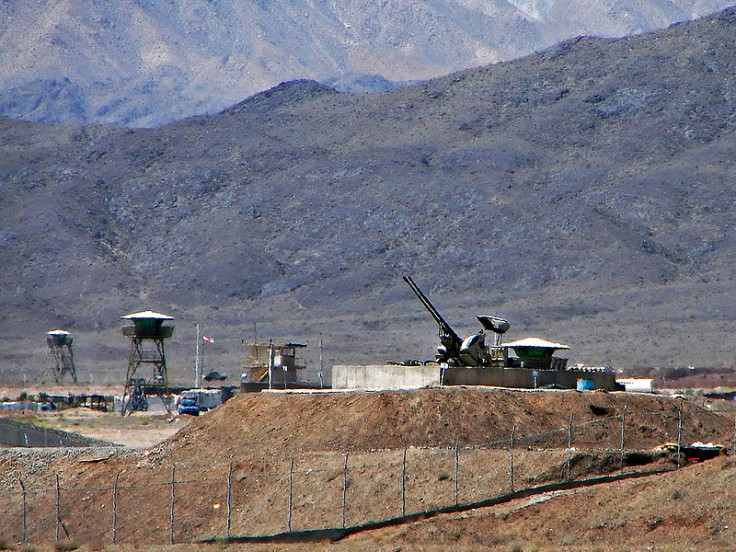Iran Winds Down Nuclear Production in Sanctions-Easing Deal
Uranium enrichment programme curbed and doors opened to IAEA inspectors

The Iranian government has started curbing production of radioactive material under a deal with the International Atomic Energy Agency (IAEA).
"Production of 20%-enriched uranium has been halted by cutting the links feeding cascades in this facility," an Iranian state TV broadcast said.
The UN's nuclear watchdog confirmed that Iran had ceased enriching uranium above 5% purity.
An end to uranium enrichment was part of a six-month deal struck with six world powers - China, Russia, France, Britain and Germany and the US - in November after intensive talks in Geneva aimed at preventing Tehran developing atomic weapons.
Iran has pledged to halt enrichment of uranium above 5% purity, neutralise its stockpile of near-20%-enriched uranium and allow monthly inspections at the Arak heavy water reactor plant, which is designed to supply a research reactor.
It also agreed to cease installation of more centrifuges - used to enrich uranium - and will provide daily access to Natanz and Fordo sites to IAEA inspectors and access to other facilities, mines and mills.
Halting the nuclear enrichment programme would pave the way to a partial suspension of EU and US sanctions and allow Iran to restart petrochemical exports and to trade in gold.
The sanctions have blocked one million barrels of oil a day from reaching the global markets.
Tehran has always denied that it had embarked on a nuclear weapons programme and maintained that its atomic research and development was to provide domestic energy only.
Hardliners in iran called the latest deal a "poisoned chalice", the Associated Press reported.
The Vatan-e-Emrooz daily was printed in monochrome instead of colour as a sign of mourning. It declared the deal a "nuclear holocaust" and said it was a gift to Israel's prime minister, Benyamin Netanyahu.
"Today, Netanyahu is the happiest person in the world," it said.
On his Facebook page, foreign minister Mohammad Javad Zarif wrote: "I am hopeful that implementation of the first phase will have positive results for the country and peace and stability in the region and the world while preparing the ground for essential talks on a final solution."
EU foreign policy chief Catherine Ashton, who coordinated contact between Iran and the six nations said of the deal: "It is an important agreement and I hope that this will now give us an opportunity to move forward and to look at a more comprehensive agreement shortly."
© Copyright IBTimes 2025. All rights reserved.






















